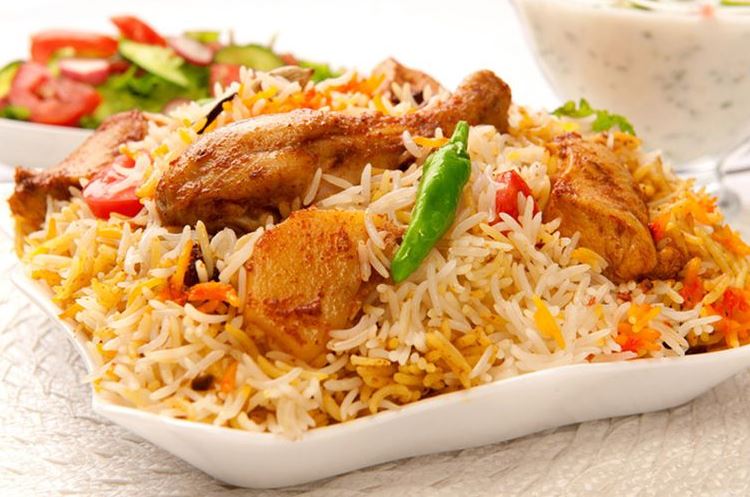×
The Standard e-Paper
Kenya’s Boldest Voice

Biryani isn’t a type of rice as sold in our supermarkets; it’s a type of food with rice as one of the key ingredients.
Meat, vegetables and spices are added, too, and it’s best eaten by hand, not using a fork, spoon or chopsticks.